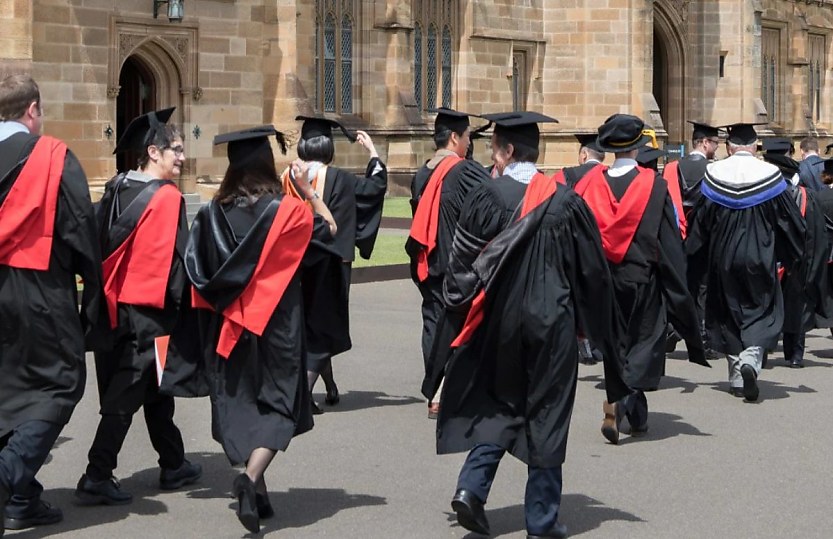University funding overhaul a ‘game-changer’ for accountant shortage

The government has the opportunity to boost graduate numbers by prioritising reforms that make accounting courses more affordable, professional bodies say.
A recommendation to overhaul university student contributions contained in a landmark review of the sector could be a “game-changer” to address the accounting skills shortages if implemented by the government, professional bodies say.
CA ANZ and CPA Australia told Accountants Daily that the government should prioritise accounting the way it has prioritised areas like health and STEM when choosing which recommendations made by the universities accord report to implement first.
The report, released last week, recommended 47 changes to guide the future of Australia’s tertiary education system, setting ambitious growth targets like doubling the number of graduates by 2050.
“Significant changes are needed in Australia’s higher education to produce the skills, knowledge and intellectual ambition needed to meet the nation’s current and emerging social, economic and environmental challenges,” the report said.
It recommended expanding access for disadvantaged students, mandating paid internships and a $10 billion fund to invest in infrastructure and student housing.
A spokesperson from CA ANZ said: “The expert review panel and hundreds of contributing stakeholders are to be commended for the final report’s 47 recommendations. But implementing them will be very expensive – and presents the government with a significant prioritisation challenge.”
“To address the ongoing shortage of accounting, audit and finance professionals, CA ANZ believes reforming university funding and financing needs to be at the top of the Education Minister’s list,” they said.
CA ANZ singled out the report’s 16th recommendation, which tackled the problem of mounting student debt, as a potential “game-changer” to help address skills shortages and ease living costs for students.
“Student contributions that are fairer and better reflect the lifetime benefits that students will gain from studying and HELP loans with fairer and simpler indexation and repayment arrangements,” the recommendation read.
CA ANZ said “reducing student contributions and reforming HELP repayment arrangements is vital”.
The job ready graduates scheme, set to be scrapped under the proposed reforms, had failed to fix student contributions as fees for accounting increased due to not being deemed a “national priority”, it said.
Student contributions for accounting and commerce degrees have increased from $11,555 in 2020 to $14,500 in 2021. CA ANZ said the proposed student contribution system based on potential lifetime earnings, with higher future earners paying higher contributions, would “ensure price signals to students and providers are working in the same desired direction”.
It also supported the move to make HECS-HELP “fairer and simpler” by setting the indexation rate to whatever is lower out of the consumer or wage price index.
Gaven Ord, CPA Australia’s senior policy manager, said measures targeted at increasing the proportion of accounting students would be vital.
“The focus of such a discussion should include occupations outside of health, teaching and STEM. Fixing those broader shortages is also essential to facilitating a more productive and prosperous nation.”
“In considering its response to the report, the government should not only consider how to increase the proportion of Australians with tertiary qualifications, but also how to increase the number undertaking qualifications in areas of shortage, such as accounting.”
He said that the shortage of accounting, audit and finance professions would grow “in the absence of change”.
“Demand for such roles – so integral to our future economic prosperity – is forecast to grow at the same time as supply is shrinking,” he said. “Accounting is an exciting and rewarding profession … We keenly await the government's response to this report.”
About the author







